While the past year has been relatively peaceful, with no airstrikes or major clashes, other threats still loom. Landmines and access to homes are significant concerns, even for those in relatively safe areas. If a home is damaged or there are no job opportunities, safety alone is not enough to facilitate a return.
In addition to safety, displaced families need support to return to their homes. However, donors have pledged a mere quarter of the necessary funding to the humanitarian response plan this year, which will make it difficult to provide assistance to families seeking to rebuild their lives.
We talked to eight displaced families in Yemen who give eight different reasons for not returning home after eight years of conflict.
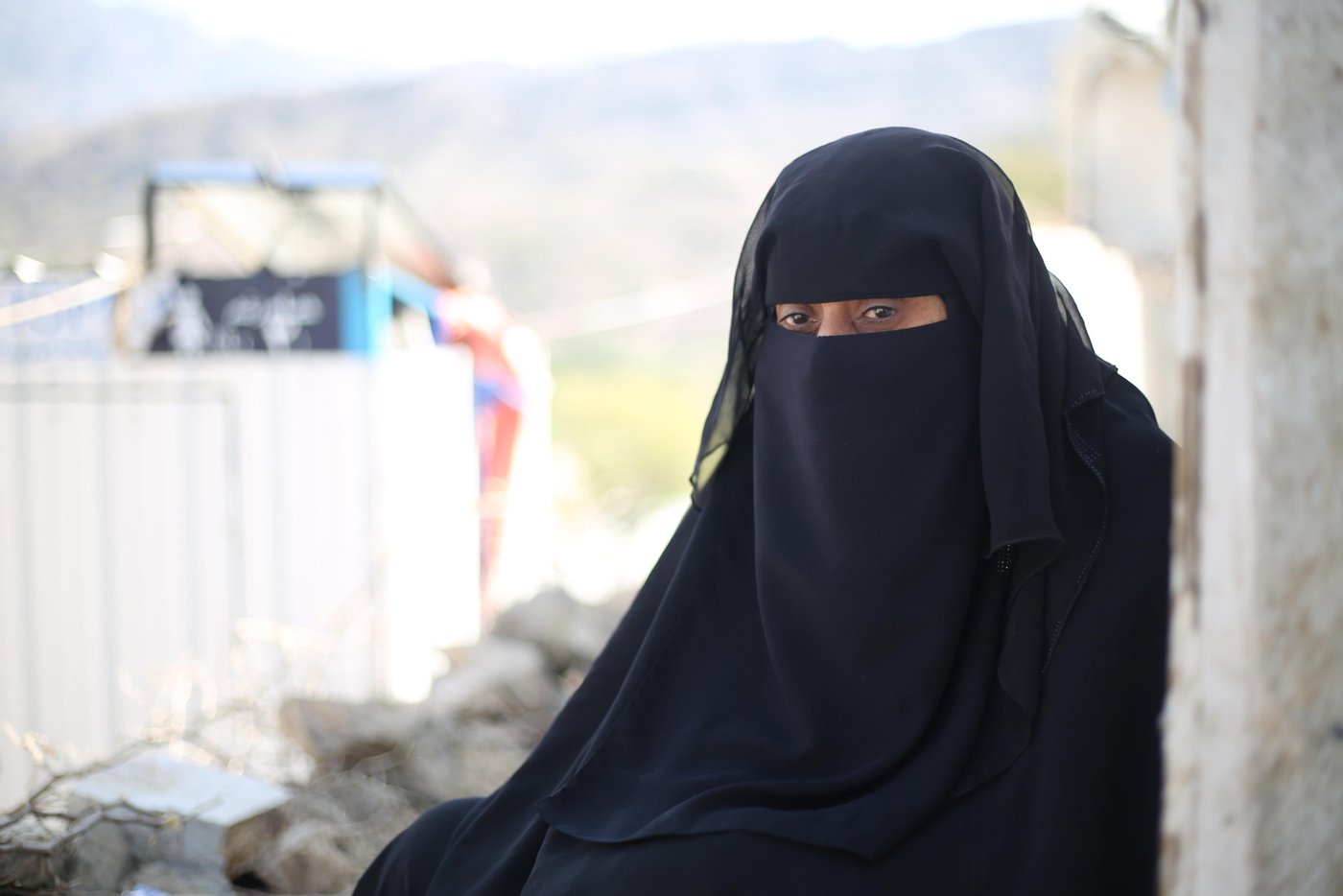
Protecting her son: Suad's nightmare
Suad Qaed faced her worst nightmare when armed men raided her home and tried to kidnap her 14-year-old son to take him to the frontline. She suffers from trauma to this day.
“Two years ago, armed men tried to kidnap my son. I ran after them and held him by his arm. They tried to convince me that he would become a hero fighting, but I refused to let him go. I told them they either take both of us together, or nobody.
“Those armed men continued their attacks on us, slaughtering my livestock and threatening to take my son, so I decided to flee my village and come here for the sake of my son’s safety. Nothing in this life will ever replace my son if I had to lose him. Sometimes I wake up at midnight looking for him. I can’t return to my village because I feel they will kidnap my son at anytime.”
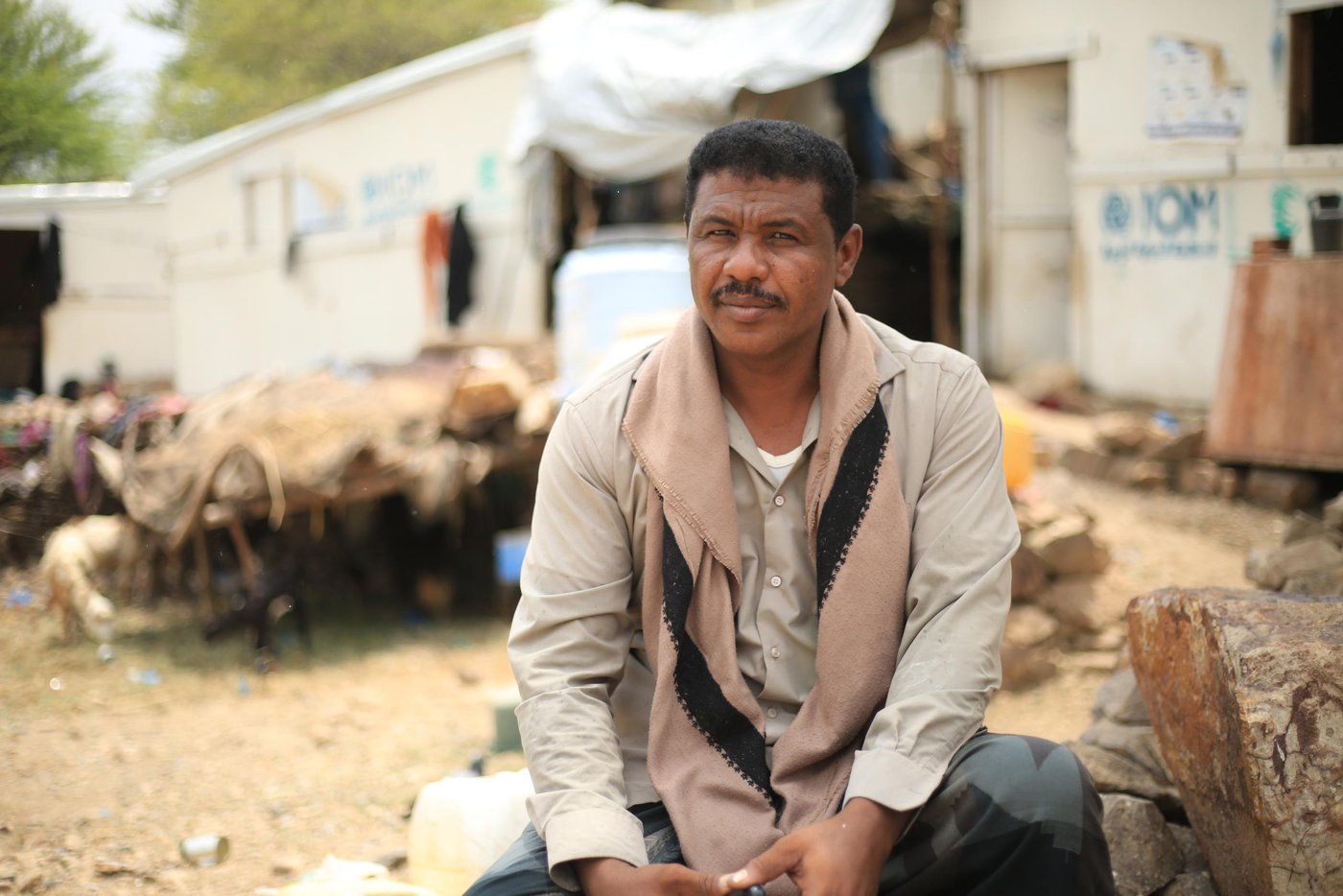
Detained and displaced: Ahmed's story
Ahmed Ali, 48, was detained for around four years when his village changed hands. As soon as he was released, he fled his village to live in a camp for displaced families in Taiz’ Al-Ma’afer district.
“I brought my whole family to this camp as I’m happy to live in a tent but not under fear of detention. Some relatives tried to convince me to return home but what I faced in jail was unbelievable and I don’t feel safe to return home.
“If I return home, I will be detained again and I will spend the rest of my life in jail. I will stay here until I meet my fate or until war ends and we enjoy peace again.”
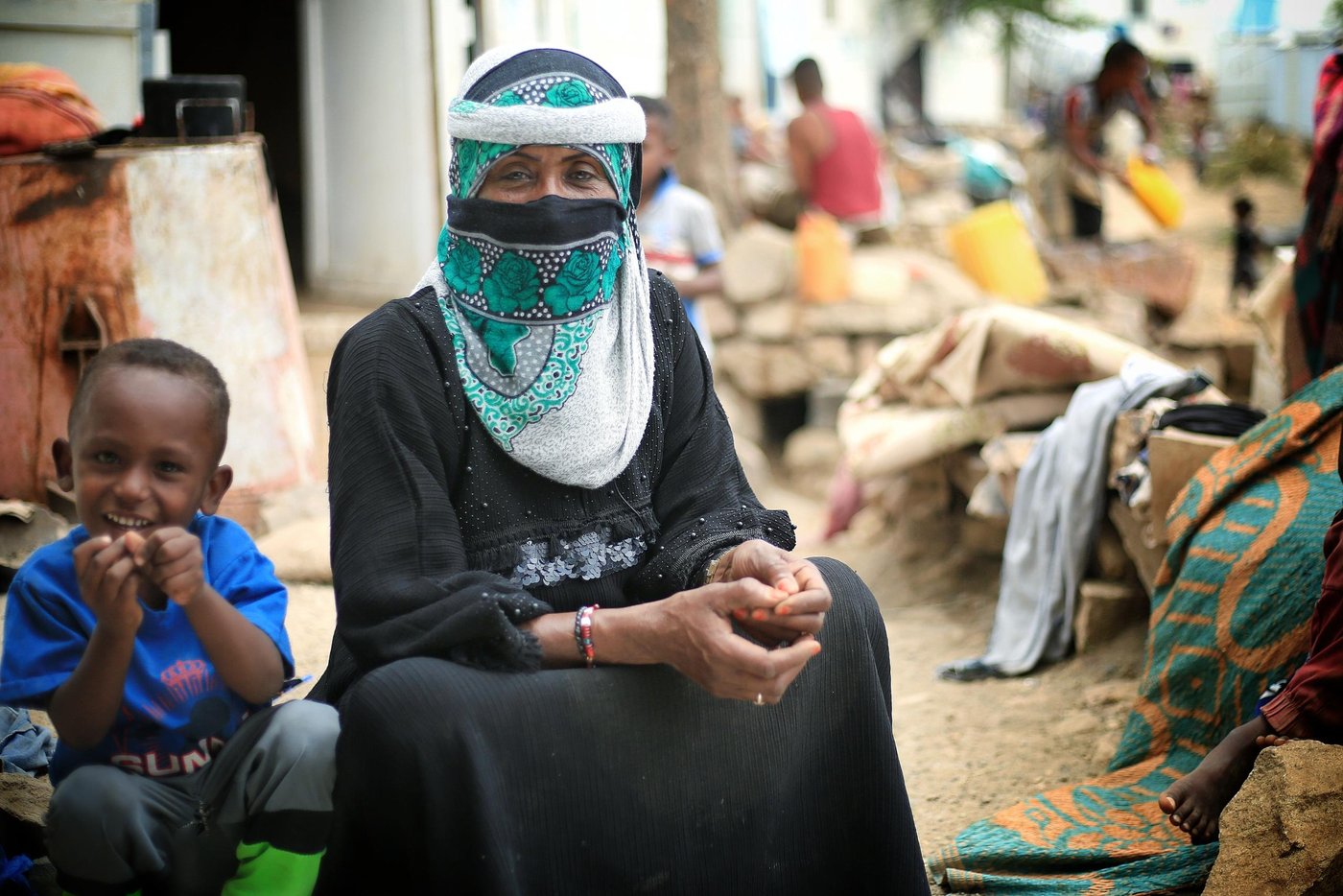
Truce shattered: Baheyah's shock
Baheyah Abdu, 40, was overjoyed to hear news about the truce last year and hoped that returning home would be easy, but she was shocked to see a neighbour killed by a sniper upon his return.
“The road to my home is open. A neighbouring family returned to their home with their livestock and the next day their son went to herd sheep in thw mountains. A sniper shot him dead and another one was killed near his home. We don’t feel safe to return amid this sniping. If the war really stops, we will return immediately.”
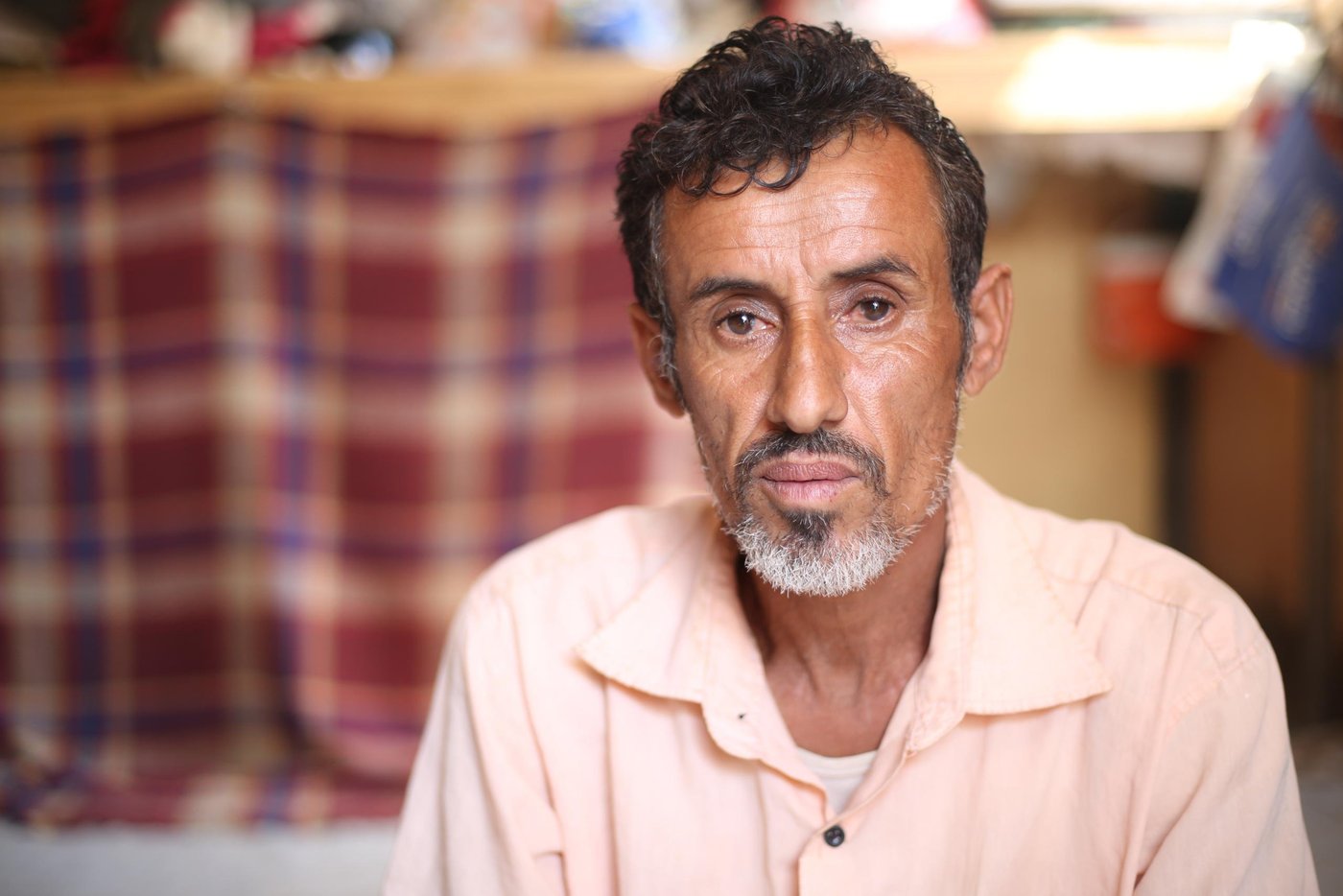
Anwer's struggle
Anwer Ahmed, in his 40s, is a farmer who depended on his farm, livestock, and selling honey to provide for eleven family members. He lost everything the moment they had to flee.
“Three years ago, we were besieged in our home for seven days and finally we managed to flee walking on foot, leaving everything behind us. I built my source of income step by step by having sufficient livestock and beehives, but I lost all that in a moment.
“I hope to return home today, but it is difficult to start again. I’m lost and I don’t have money to build a source of income. Even my home is empty. Here (in a displacement camp) we receive some assistance, but at home, nothing.”
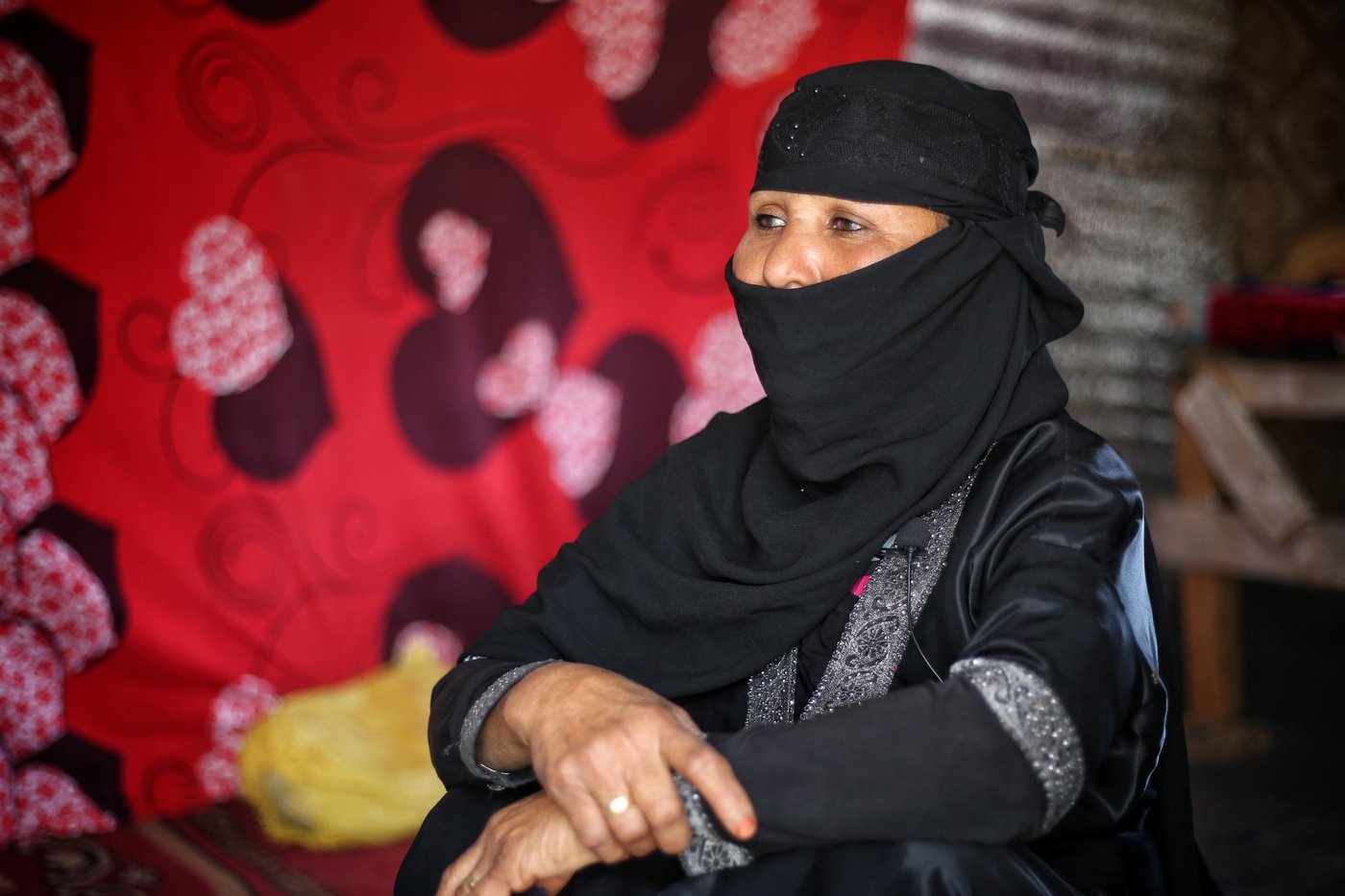
Deadly landmines: Qaboola's dilemma
Qaboola Saif would rather go back to her destroyed home even if there are no basic services, but landmines have proved to be deadly for her neighbours.
“We tried to return to our village, but we found it full of landmines. I hoped to return to my home even if we had to live under a plastic sheet, but it isn’t safe as landmines kill anyone who steps on them, be it humans or livestock. I know two neighbours who returned home and were killed by landmines. We don’t want to meet the same fate. Landmines aren’t only on the way to the village but also inside homes.”
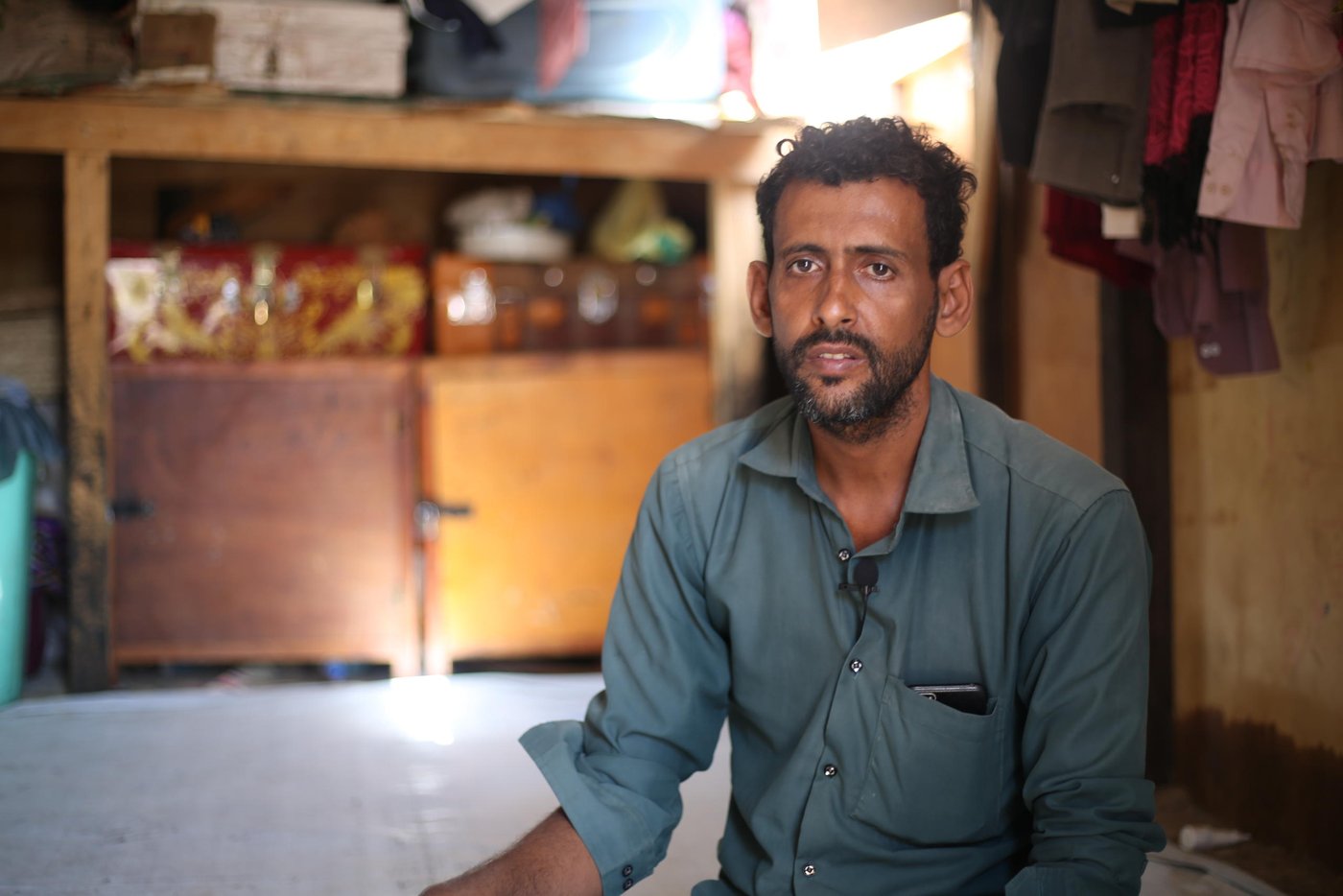
No salary, no food
Mohammed Al-Jaradi is a public servant from Hodeidah governorate who has not received his salary for years and returning home for him means starvation.
“I’m a breadwinner for seven family members and my salary used to cover all of our basic needs. Today I don’t receive my salary and I’m dependent on generous people and organisations to help me in this camp. If I return to my village in Hodeidah, we will starve to death as there is no one to help us there and there are no jobs available.”
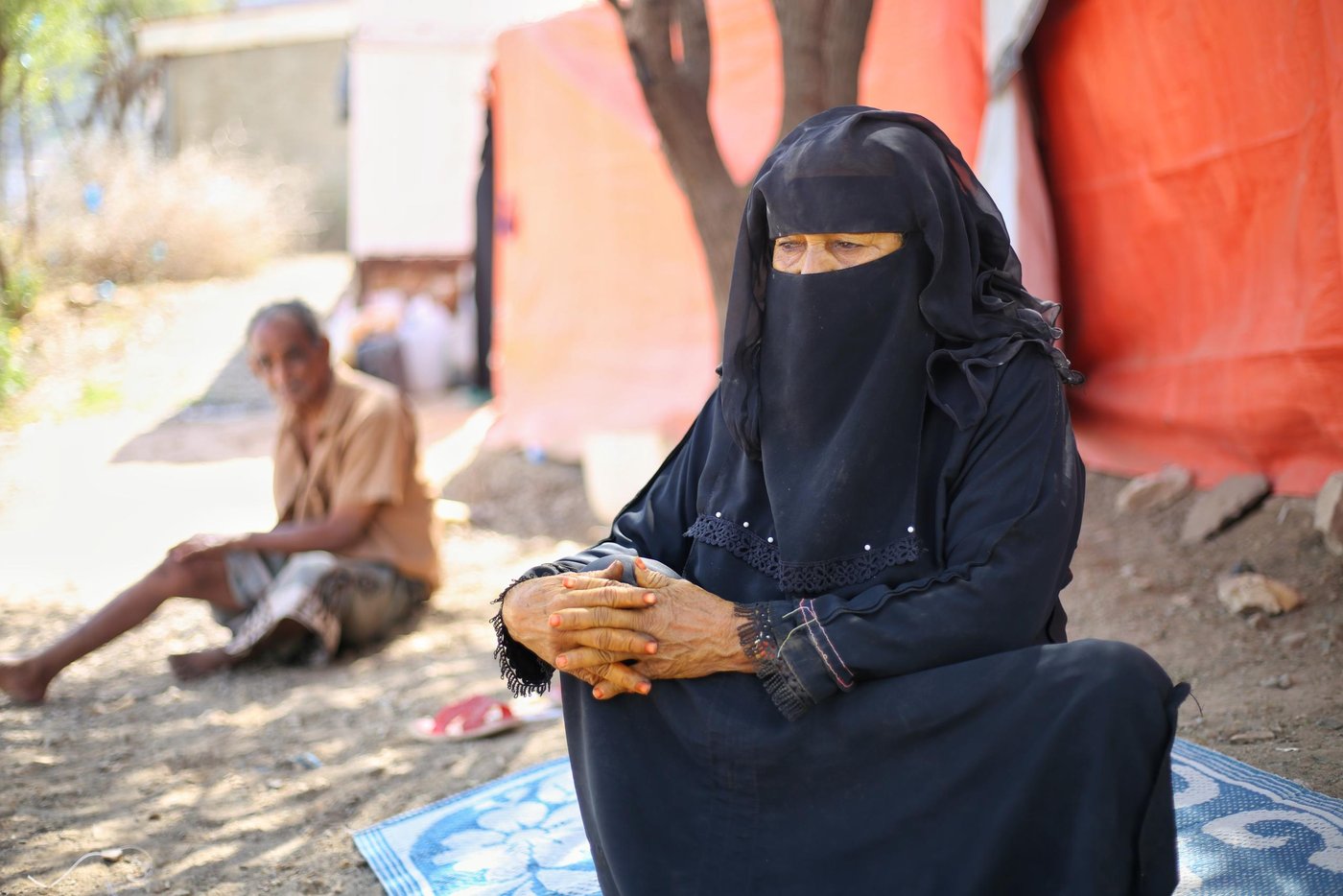
When home is on the frontline
Mariam Mohammed considers her home to be the best place in the world and she hopes to visit her village even if just once a year, but it is still an active frontline and access is impossible.
“No one is happy to flee their home, but we were forced to. Safety is the most important thing and here it is safe. If our village was safe, I would return now but snipers are preventing anyone from reaching the village, which is still on the frontline. Some people were killed while trying to return home. As soon as the frontline moves away from our village, I will return, but now we cannot access our homes.”

Thakeer's hope
Thakeer Al-Sabout, in his 30s, is a father of five children who now lives with his family in one tent in a displacement camp. Their home was destroyed by the fighting.
“I returned to my village, but I found my home completely destroyed. It is impossible to rebuild it as I don’t have money or anyone to support me with that. I could hardly pay for transport to return for one day to check the situation in my village. I hope to return one day because nothing makes you feel safer and happier than being home, but I have no way to do this on my own.”


